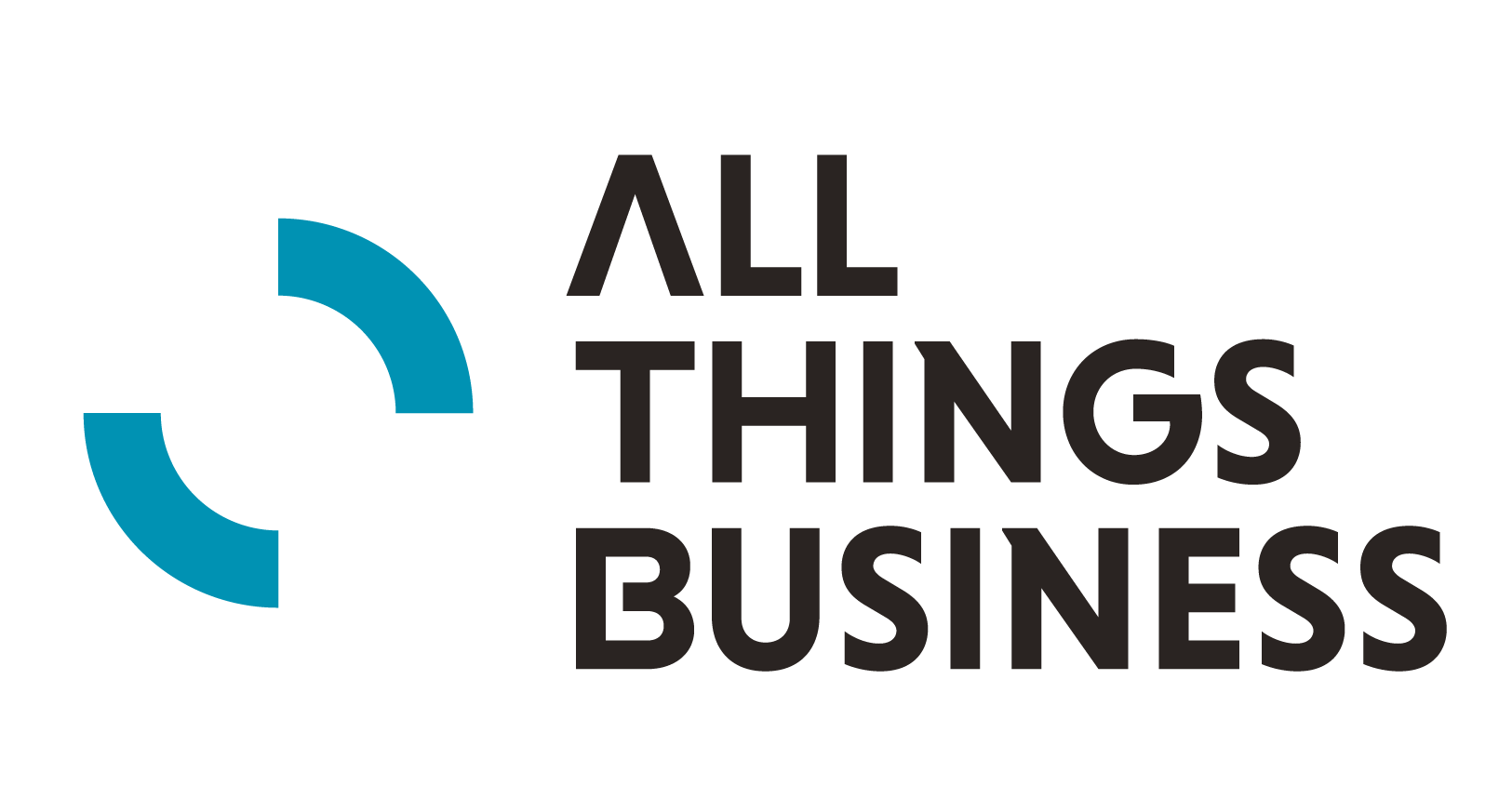ESG is a crucial subject high on the agenda of every business leader and if it’s not, it should be. The speed of change in mandatory reporting regulations on climate change and the significant increase in net zero commitments means it is essential that every business starts to integrate the fundamentals of ESG.
Investors and financial markets are increasingly demanding a more transparent and robust environmental, social and governance (ESG) strategic plan and credible transition pathway to become net zero. Every business leader knows their organisation needs to do more – but for small-medium enterprises the integration and understanding can be a thorn in the side, creating significant challenges and business disruption.
MHA understands the significant struggle to cope with the new mandatory regulations such as TCFD (Task Force on Climate-Related Financial Disclosures) – which is why the firm has made changes in its governance process and announced the key appointment of Jose De Mayne Hopkins, Sustainability & ESG Technical Director, to lead the integration of TCFD and other mandatory ESG regulations into the MHA business model.
This is particularly important as the government has announced that climate disclosures are to be made mandatory across the UK economy by 2025, which means all organisations will be required to integrate the TCFD strategic framework into their business model and decision making.
The E of ESG aims to address the impact on the physical environment and the risk of a company and its suppliers that is derived from climate change. This includes climate change and GHG emissions reporting, air pollution, water and waste management, circular economy principles and ecosystems rehabilitation.
The S of ESG relates to social issues covering the organisation’s impact on internal workers and communities (including the societal impact in sourcing raw materials from locations perceived to have lower labour standards compared to the UK). The S also covers the risk associated with societal actions by suppliers, consumers and communities in which companies operate, including labour practices, health and safety, community engagement, diversity and inclusion (including in the supply chain) and community relations.
The G of ESG largely relates to the internal governance structure, including how rights and responsibilities are distributed within an organisation. The aim of the G is to assess timing and quality of decision making and governance structure with the aim of ensuring a positive societal impact. The areas included are business ethics (including data security), supply chain management, capital allocation and policies (including external disclosures and reporting).
Jose is building a team to support clients and a wider range of businesses and industries. He is extremely passionate about helping organisations understand, translate and integrate material climate and ESG risks into their business and conveys this in an easy-to-understand and digestible format.
“The critical aspect of my role is to develop MHA’s strategy in aiming to become a net zero business by 2030. We are aiming to execute all reasonable procedures in becoming a net zero organisation and share our experience with our clients and stakeholders, after all we are all in this together. If we don’t upskill and increase awareness across our employees on the meaning of TCFD, carbon neutral and net zero, we won’t be a net zero organisation by 2030 – it’s as simple as that!”
MHA is producing a series of communications to help staff understand the topic and reduce their own personal consumption at home and at work.
“We issued our water saving top six tips which was very well received by our staff, and we will follow up with other useful guides on energy saving, recycling and sustainable living,”
said Jose.
“It’s not going to be easy for the UK economy to reach net zero by 2050 – it needs massive effort and collaboration. The sheer volume and scientific language applied to the subject makes it daunting for smaller businesses and so it’s a significant challenge to understand what to integrate. There has been a lack of government guidance and policies around net zero leaving SMEs struggling to get started.
“SMEs need help breaking down what they can do in terms of the sector they are in and their regulatory areas. We need to work together to create a plan to find an alternative to the short-term view of the current system.”
Find out more about MHA at www.macintyrehudson.co.uk/services/sustainability-esg
MHA’s Transparency Report can be found at www.macintyrehudson.co.uk/publications/article/mha-macintyre-hudson-transparency-report-2022

Sustainability & ESG Technical Director at MHA

